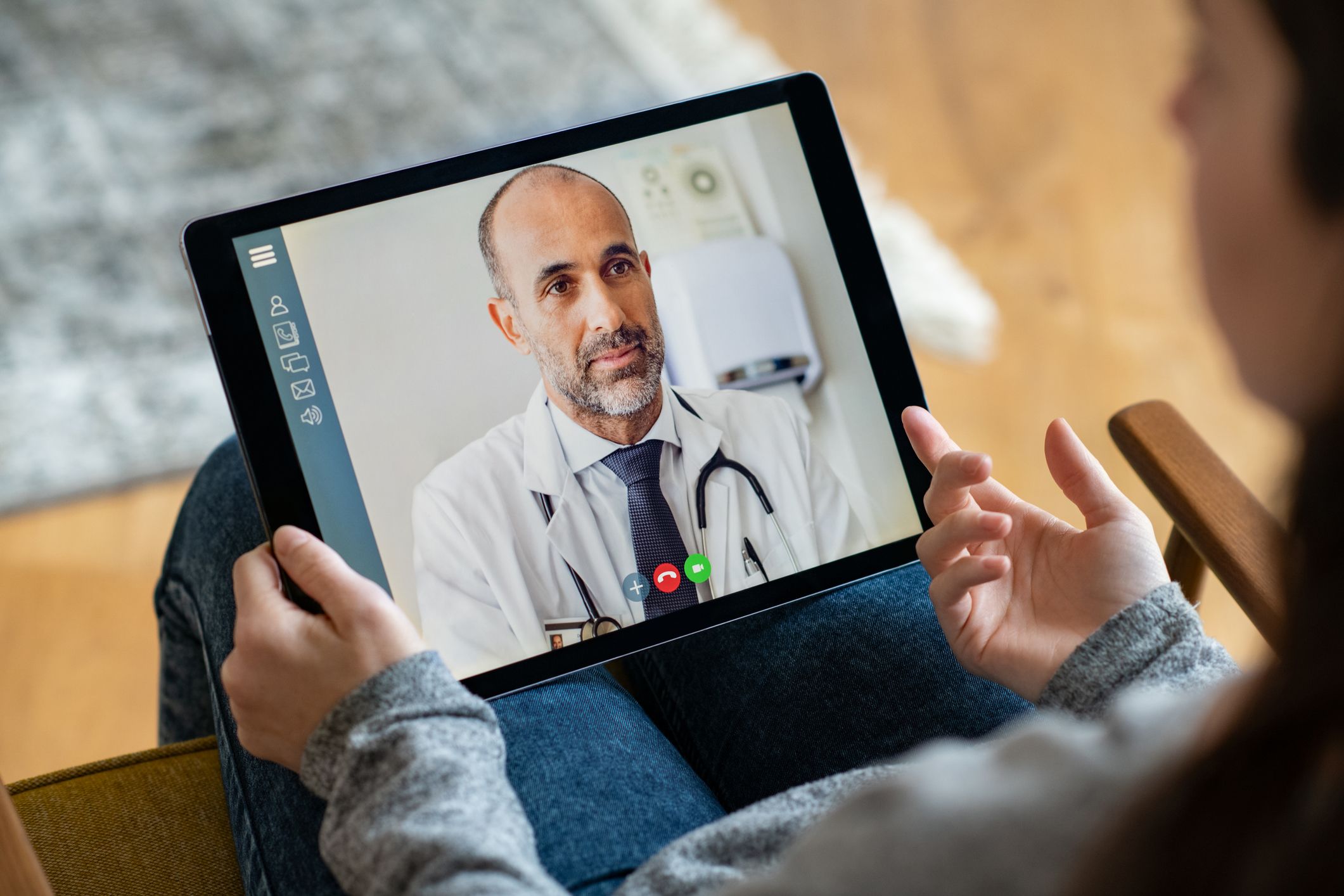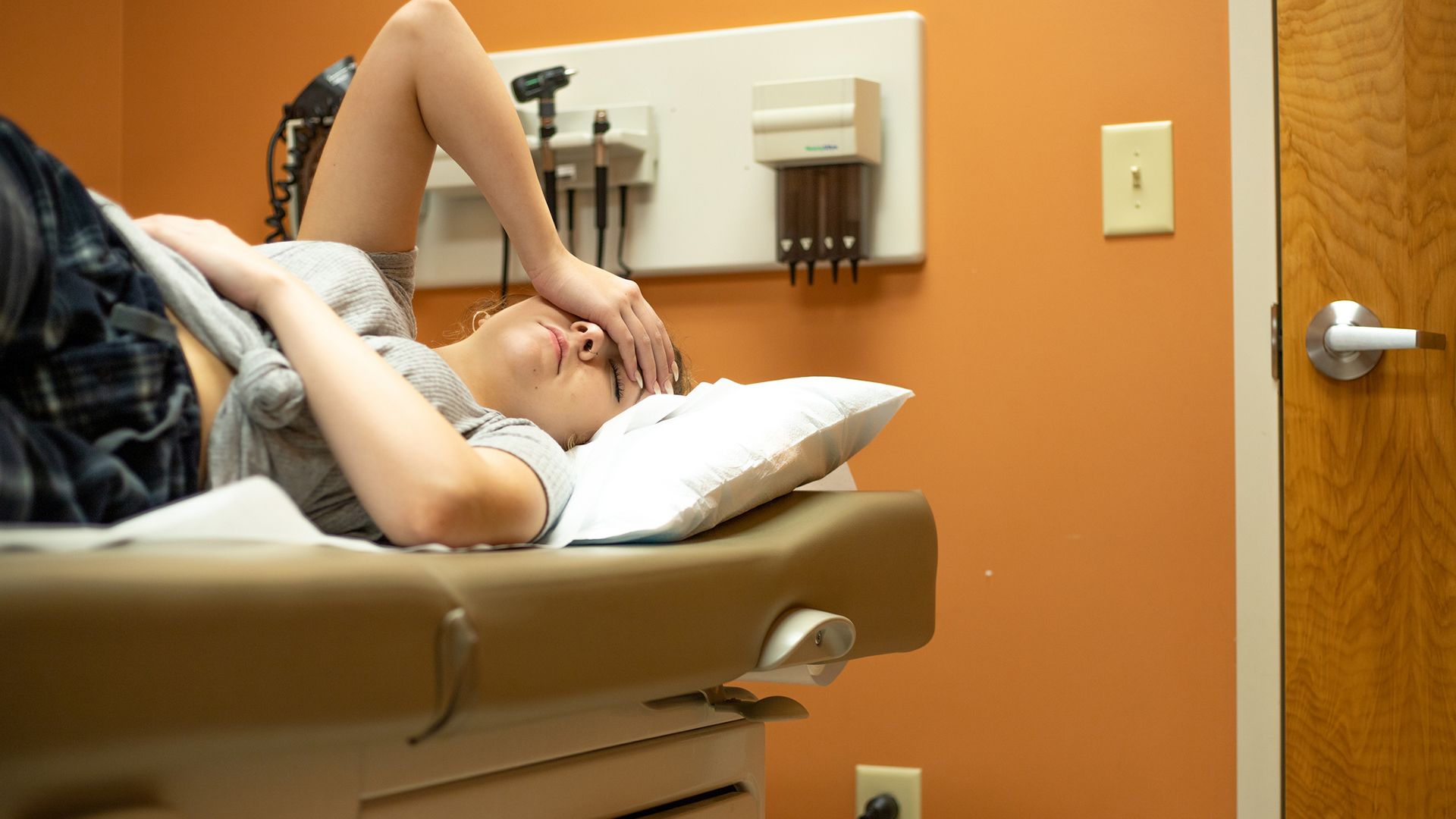Ulcerative colitis (UC) is one of the two types of inflammatory bowel disease (IBD). It causes inflammation, sores, and ulcers in the colon and rectum. While there is no cure for UC, there are treatments that can help manage the condition. In addition to managing the physical symptoms, it’s important to address the ways that UC can impact your mental and emotional health.
UC and mental wellbeing
Research has shown an association between IBD and disorders like depression and anxiety. While more research is needed to fully understand the relationship between these conditions, some studies have found:
- People with IBD are at an increased risk for depression and anxiety.
- Depression (as well as anxiety) are associated with IBD flare ups (episodes where symptoms get worse).
- There is a bi-directional relationship between IBD and mental health, where: 1) disease activity and inflammation have a negative impact on mental health; and 2) poor mental health makes it more difficult to manage IBD, leading to more disease activity.
- There is evidence that IBD can disrupt communication between the gastrointestinal system and the central nervous system (called the gut/brain axis), causing issues in the part of the brain that regulates emotions.
Even when IBD is not associated with a diagnosable mental health disorder, it can still impact mental health. If you have UC, you may feel anxious about not knowing when a flare-up may occur or frustrated when a flare-up occurs unexpectedly. You might become stressed and anxious about the pain and discomfort you experience. You might be overwhelmed with symptoms or feel frustrated at having to rely on others for help. There might even be a feeling that you are missing out on things in life.
Steps to being proactive
In order to effectively manage mental and emotional wellbeing while living with IBD, you need to be working with your healthcare provider. UC is different for everyone, and your treatment should directly reflect your needs.
There are also some steps you can take to feel more in control of your health.
- Learn as much as you can. Most healthcare providers offer patient education resources you can read to learn more about a condition. Always be sure to bring up questions and concerns with your healthcare team.
- Stay organized! Keep a file for your paperwork so you can find things easily. Keeping track of your bills and receipts can sometimes save you money, as some medical expenses can be declared on your taxes.
- Keep a journal. Keep notes on your symptoms, what you eat and drink, medications you take, and how you were feeling overall. This can help your healthcare team modify your treatment plan as needed.
- Maintain a healthy lifestyle. Eat healthy foods and stay away from food that may trigger flare-ups. Avoid alcohol and smoking, make sure you’re getting enough sleep, and exercise regularly.
- Manage your mental health. Take time to do things you enjoy. Go for a walk, focus on some hobbies, spend time with friends, and consider yoga or meditation.
- Connect with loved ones. Don’t be afraid to ask for help when you’re overwhelmed or frustrated.
- Connect with your peers. Consider joining a support group to connect with other people who are living with IBD.
- Consider counseling or therapy. Working with a mental health professional offers the chance to talk through your frustrations and find effective coping strategies.
Most importantly, focus on the fact that you can live a full and healthy life while being treated for ulcerative colitis. Stay on top of your treatment plan and note any changes to your physical or mental health, and always remember that your best source of information is your healthcare provider.






